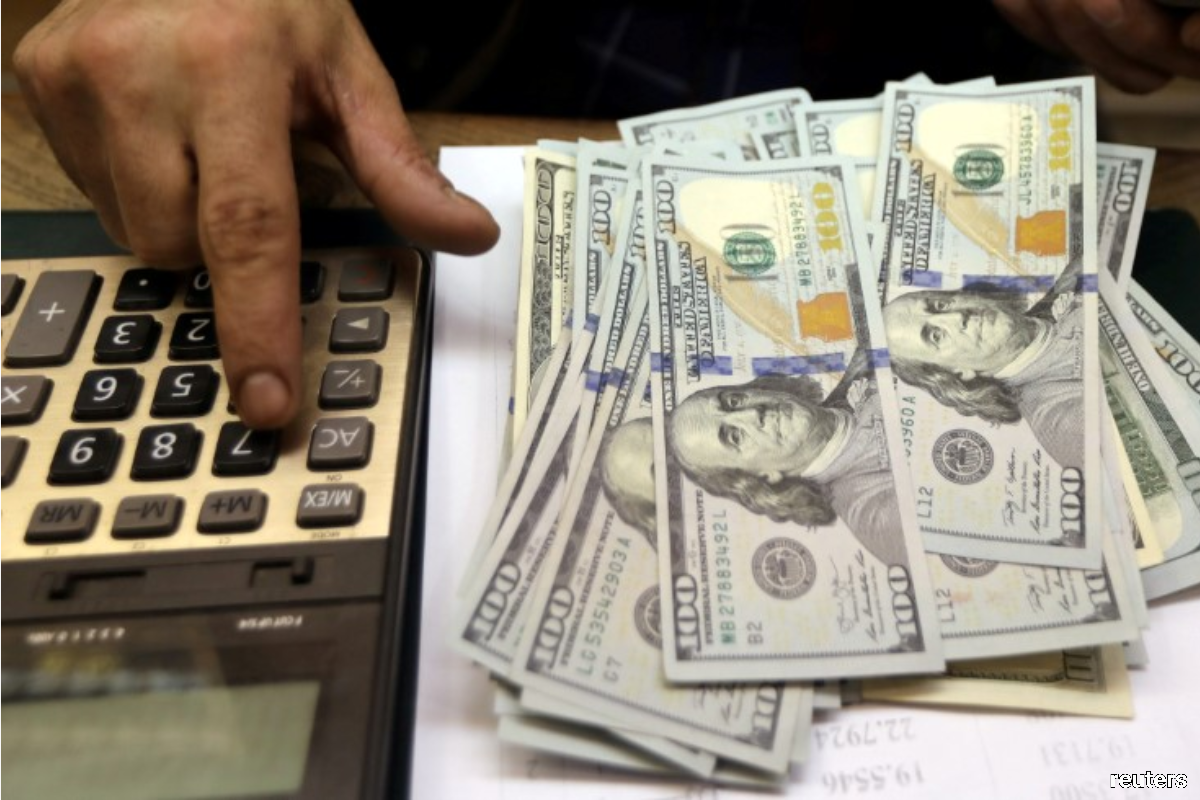
(Jan 31): Major central banks, including the US Federal Reserve and the European Central Bank (ECB), are scheduled to hold monetary policy meetings this week, kicking off the first super central bank week of 2023 amid mounting recession fears. As major developed economies continue to gamble on rate hikes amid a prolonged battle against stubborn inflation, they are walking a tightrope trying to curb inflation without sinking their economies, experts said.
The Fed would hold its first 2023 Federal Open Market Committee (FOMC) meeting on Tuesday and Wednesday. The US central bank is widely anticipated to slow its rate-hiking pace at the meeting.
The Fed downshifted in the December FOMC meeting with the announcement of a 50 basis point (bps) interest rate hike, after delivering a 75 bps hike in November.
The ECB's monetary policy meeting is scheduled for Thursday, at which a rate hike of 50 bps plus reduced bond holdings is expected to be announced to cope with singeing inflation.
"We shall stay the course until such a time when we have moved into restrictive territory for long enough so that we can return inflation to 2% in a timely manner," ECB President Christine Lagarde said earlier in January during a World Economic Forum panel discussion, according to Reuters.
On Thursday, the Bank of England is set to publish a monetary policy report at its February meeting. The British central bank is estimated to deliver a 50 bps rate hike, continuing efforts to tighten financial conditions.
Europe is betting on higher rates to ease inflation woes and stay on pace with the US to fight off the fallout from the US dollar's strength, Dong Dengxin, a director of the Finance and Securities Institute of the Wuhan University of Science and Technology, told the Global Times on Monday.
In so doing, rate increases become prevalent, which could lead to a recession or stagflation while battling inflation and squeezing bubbles from the market, Dong said. Eventually, a recession will surely set in, he went on to say.
Major developed nations remain on track for higher rates as inflation has yet to be fundamentally reversed, Xi Junyang, a professor at the Shanghai University of Finance and Economics, told the Global Times on Monday.
While they tend to cool down the pace of rate hikes and might deliver smaller increases, the implications of higher rates could be unfavorable. The US economy and other major developed economies will likely post poor growth or even a contraction this year, Xi said.
While central banks gamble on continued rate increases to control inflation without tipping the economy into any big setbacks, it's possible that they might slam the brakes on the cycle if serious economic challenges emerge in the second half of the year, he reckoned.
A continuation of higher rates is apparently stoking concerns over bleak growth prospects, compounded by the US government's debt ceiling crisis.
On January 19, the US government hit its US$31.4 trillion debt limit, subjecting the US to a fiscal crisis amid a partisan stand-off between President Joe Biden's Democrats and the Republican-controlled House of Representatives.
In a letter sent to Congressional leaders on Jan 24, US Treasury Secretary Janet Yellen wrote that a debt issuance suspension period that began on Jan 19 will last through June 5.
"I respectfully urge Congress to act promptly to protect the full faith and credit of the United States," read the letter.
Ahead of a meeting with Biden on Wednesday, House of Representatives Speaker Kevin McCarthy said on Sunday that there won't be a default.
"But what is really irresponsible is what the Democrats are doing right now, saying we just raise the limit," McCarthy added, the Hill reported.
As the US-led West continues to decouple from China, as shown by a recent deal the US has reportedly secured with the Netherlands and Japan on chip export controls against China, the inflationary headaches haunting the West could only worsen, observers said.
Such decoupling moves would cut the West's ties to Chinese supply chains, worsening shortages and adding fuel to inflation, according to Dong, noting that such unwise thinking would end up pushing Western inflation rates even higher.
In the words of Xi, these shortsighted decoupling actions would inevitably have a negative impact on the global economy whose growth hinges on interconnectedness and mutual partnerships.
China, for its part, will see its economy largely intact from such hostility as the country's whole set of supply chains and huge market could be depended on as a buffer against the fallout on certain industries and products from the sanctions, Xi said.